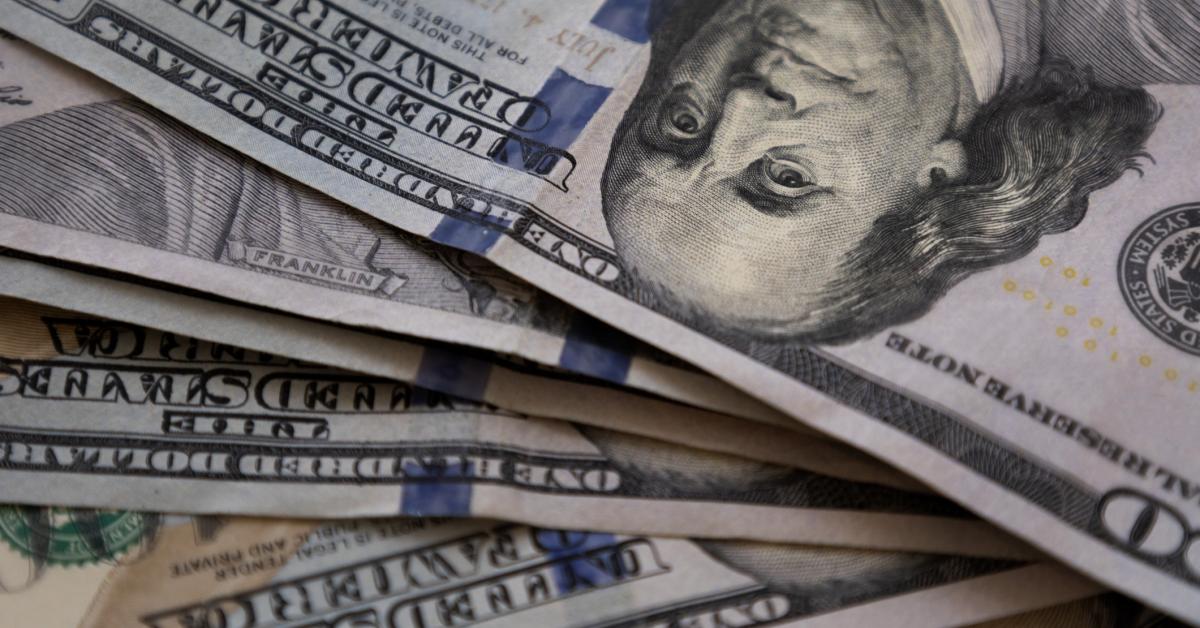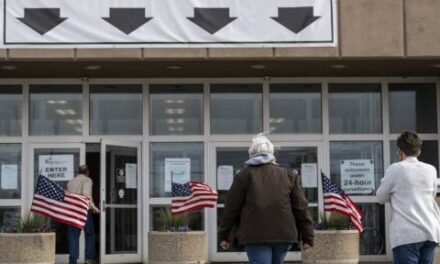We support our Publishers and Content Creators. You can view this story on their website by CLICKING HERE.

The U.S. Department of Education’s proposed rules for student loan forgiveness could cost taxpayers up to $600 billion, far more than the department estimated, according to budget watchdogs.
The Department of Education announced Friday another student debt relief effort. The set of proposed rules, if finalized, would authorize loan forgiveness for about 8 million borrowers experiencing hardship. If these rules are finalized as proposed, the Secretary of Education could waive up to the entire outstanding balance of a student loan when the Department determines a hardship is likely to impair the borrower’s ability to fully repay the loan or render the costs of continued collection of the loan unjustified.
The Committee for a Responsible Federal Budget, a nonprofit budget-based think tank, said the plan could cost far more than the Department of Education’s estimate of $112 billion over ten years. The group’s previous estimate was up to $600 billion.
“The rules proposed by the Biden-Harris Administration today would provide hope to millions of struggling Americans whose challenges may make them eligible for student debt relief,” U.S. Secretary of Education Miguel Cardona said. “President Biden, Vice President Harris, and I will not stop fighting to deliver student debt relief and create a fairer, more just, and more affordable student loan system for all borrowers.”
Maya MacGuineas, president of the Committee for a Responsible Federal Budget, called the department’s plan irresponsible.
“The Biden Administration continues to unilaterally introduce costly and counterproductive student loan giveaways – but this one is particularly brazen,” she said. “Today’s rule would practically grant the Secretary of Education unlimited loan forgiveness authority, creating a dangerous precedent that could lead to perpetual debt cancellation.”
The proposed rules would create two pathways to eliminate some student debt.
The first pathway would recognize the Education Secretary’s authority to grant individualized, automatic relief without an application. The Secretary could provide relief on a one-time basis to borrowers who the Department determines have at least an 80% chance of sliding into default within the next two years.
The second pathway would allow existing and future borrowers to get relief based on an assessment of their hardship. It would be application-based. The Department would assess whether a borrower is highly likely to be in default or experience similarly severe negative and persistent circumstances. If no other payment relief option exists to address the hardship, the Secretary could waive the loan.
MacGuineas said the plan could contribute to future challenges.
“Today the Biden Administration has sent a clear message to schools and borrowers: charge as much as you want, borrow as much as you can, and let your grandchildren worry about the bill,” she said. “This is no way to run a student loan program or to be good stewards of taxpayer dollars.”

 Conservative
Conservative  Search
Search Trending
Trending Current News
Current News 





